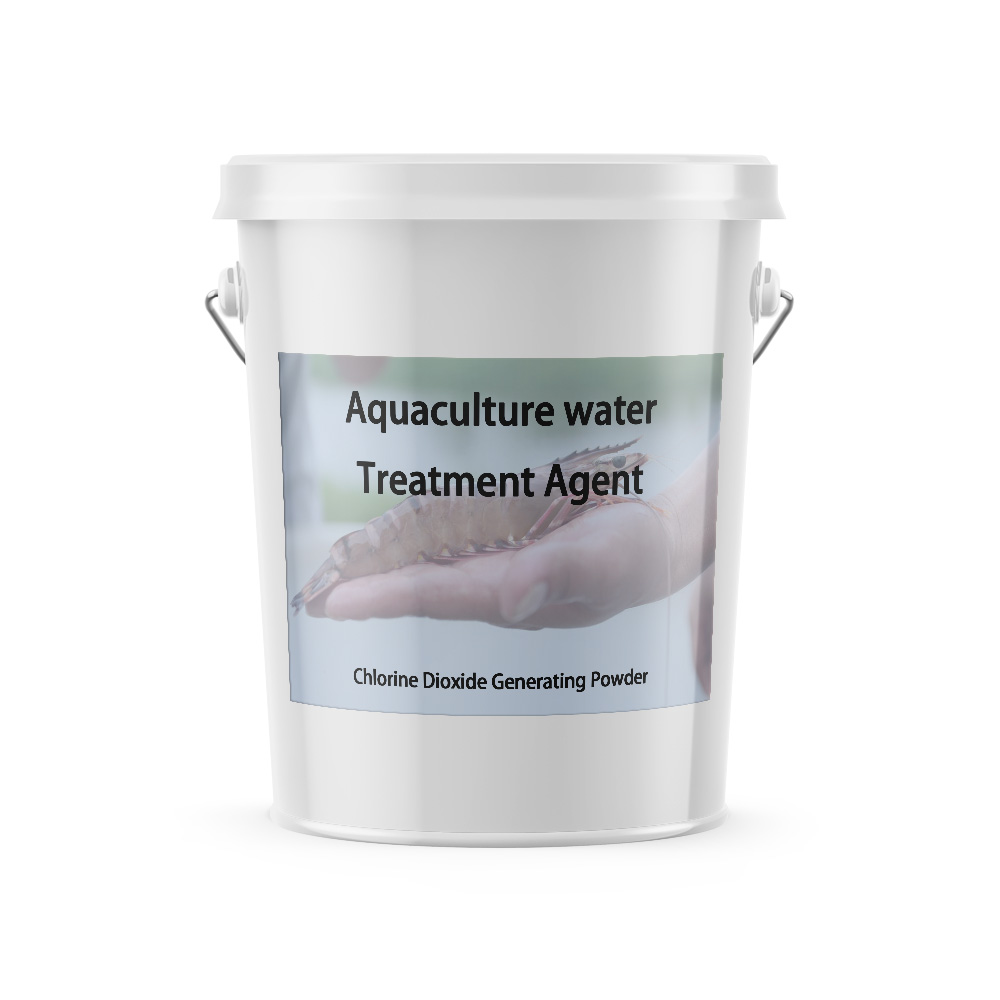



naoh flakes
Sodium hydroxide flakes, often referred to as caustic soda or lye, are a vital commodity in various industries due to their versatile properties. These white, solid flakes are highly soluble in water, forming an alkaline solution that can be corrosive. Their chemical formula, NaOH, signifies that they consist of sodium (Na), oxygen (O), and hydrogen (H).
One of the most significant uses of sodium hydroxide flakes is in the production of chemicals. They serve as a key ingredient in the manufacture of a wide array of chemical compounds, including soap and detergents. The saponification process, which transforms fats into soap, requires sodium hydroxide to facilitate the reaction. Additionally, sodium hydroxide can be used to produce biodiesel, making it an essential component in the growing field of renewable energy.
.
Moreover, sodium hydroxide flakes are widely employed in water treatment facilities. They help to neutralize acidic water, thereby preventing corrosion of pipes and equipment. This application is critical in ensuring the safety and quality of drinking water. By adjusting the pH levels, sodium hydroxide contributes to effective sedimentation processes, which are essential for removing impurities and contaminants from water sources.
naoh flakes

Sodium hydroxide also plays a significant role in the food industry. It is used in food processing to improve texture and modify the acidity of certain products. For example, it can be instrumental in curing foods such as olives and pretzels, enhancing their flavor and ensuring their preservation. However, it is important to note that due to its caustic nature, sodium hydroxide must be handled with care to avoid health risks.
Despite its widespread applications, safety precautions are paramount when using sodium hydroxide flakes. Proper personal protective equipment (PPE) should always be worn, including gloves, goggles, and respirators, to minimize exposure. Additionally, it is crucial to follow regulations and guidelines for safe handling, storage, and disposal to prevent accidents and environmental harm.
In conclusion, sodium hydroxide flakes are indispensable in numerous sectors, from chemical manufacturing to food processing and water treatment. Their multifunctional properties make them essential in various applications, but it is equally important to recognize and mitigate the risks associated with their use. As industries continue to evolve, the demand for sodium hydroxide will likely grow, reaffirming its role as a cornerstone of modern manufacturing and environmental management.
-
How and Why to Disinfect Water Softeners for Safe, Reliable WaterNewsNov.24,2025
-
Effective Deionized Water Disinfectant Solutions for Healthcare & Industrial UseNewsNov.24,2025
-
Commonly Used Disinfectant for Drinking Water – Global Uses & InnovationsNewsNov.23,2025
-
Chemical to Disinfect Water – Essential Solutions for Safe, Clean Drinking WaterNewsNov.23,2025
-
Blue Water Disinfectant: Safeguarding Global Water Quality with InnovationNewsNov.22,2025
-
Bleaching Powder for Water Disinfection – Affordable & Effective Water Treatment SolutionNewsNov.22,2025
-
Bleaching Powder Drinking Water: Effective, Affordable Disinfection WorldwideNewsNov.21,2025










